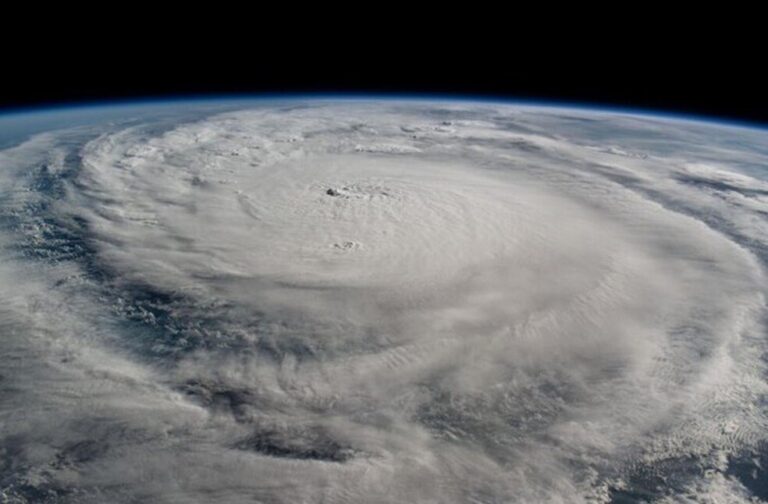Florida: The devastating impact of Hurricane Milton, which claimed the lives of 16 people in Florida this week, was intensified by human-caused climate change, according to a report released by a team of international scientists. The analysis, conducted by World Weather Attribution, indicates that global warming increased wind speeds by approximately 10 percent and rainfall by 20 percent to 30 percent.
Milton rapidly intensified from a Category 1 storm to a fierce Category 5 hurricane in less than 24 hours, fuelled by record-high sea temperatures in the Gulf of Mexico. The hurricane ultimately made landfall in Florida as a Category 3 storm, demonstrating the alarming speed at which it escalated.
The US National Hurricane Centre confirmed that Milton achieved maximum sustained wind speeds of 180 mph (290 kph), making it the third-fastest intensifying Atlantic hurricane on record.
Previous scientific studies have shown that climate change has increased the likelihood of such extreme sea temperatures by 400 to 800 times. The research team noted that storms of this nature are now twice as probable due to human-induced warming.

“This study has confirmed what should already be abundantly clear: climate change is supercharging storms, and burning fossil fuels is to blame,” stated Ian Duff, a campaigner with the environmental nonprofit Greenpeace.
Experts have identified a troubling trend of rapid hurricane intensification in the Atlantic over the past 50 years, a phenomenon that may be linked to climate change. With the exceptionally warm surface water temperatures in the Caribbean and around Florida, forecasters had predicted a more active Atlantic hurricane season, estimating between four and seven major storms.
Milton marks the second Category 5 hurricane of the current season, which runs from June to November. Since 1950, only five other years have seen more than one Category 5 hurricane in a single season, according to the US National Oceanic and Atmospheric Administration.
As communities in Florida struggle with the aftermath of Milton’s destruction, the urgent need for climate action and resilience measures becomes increasingly apparent.



